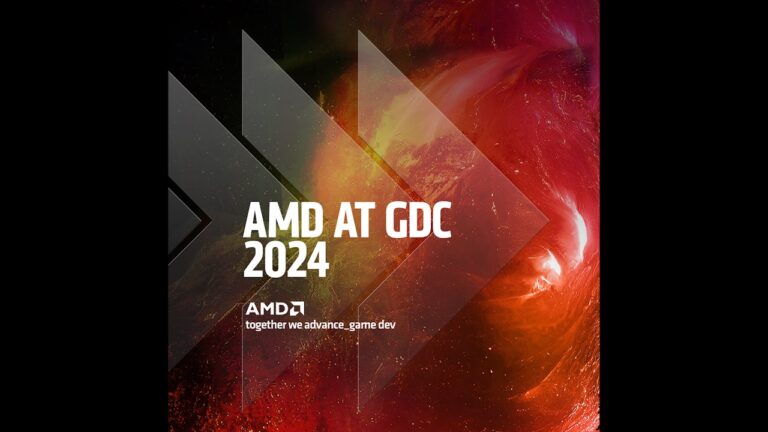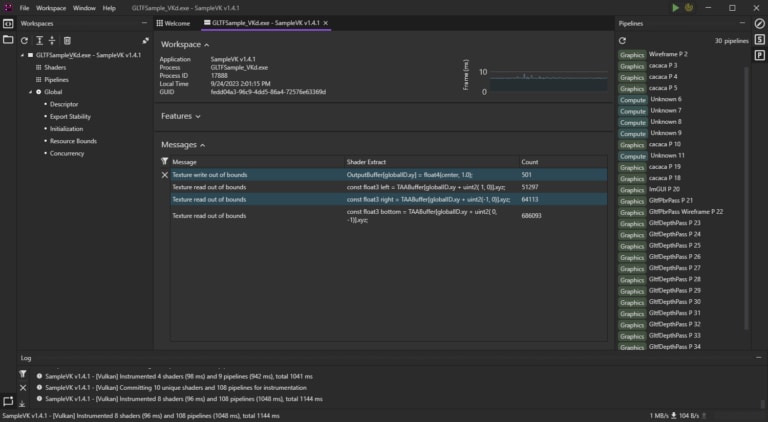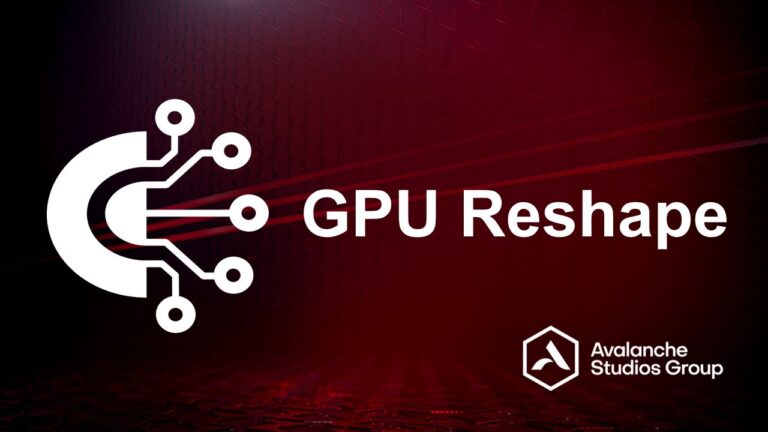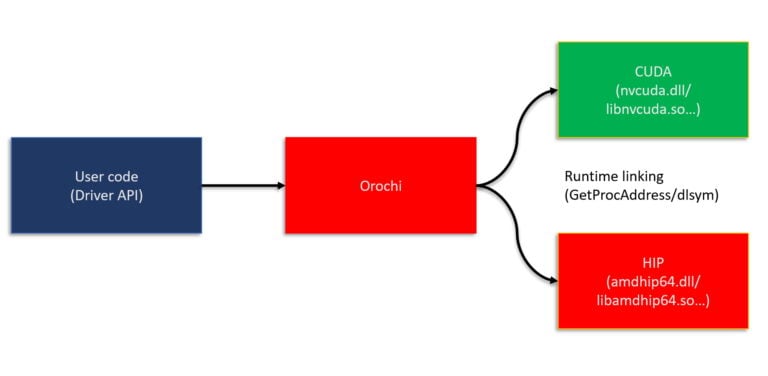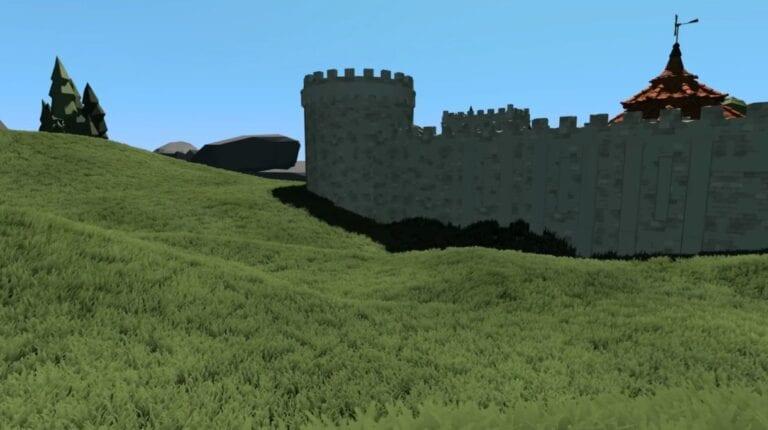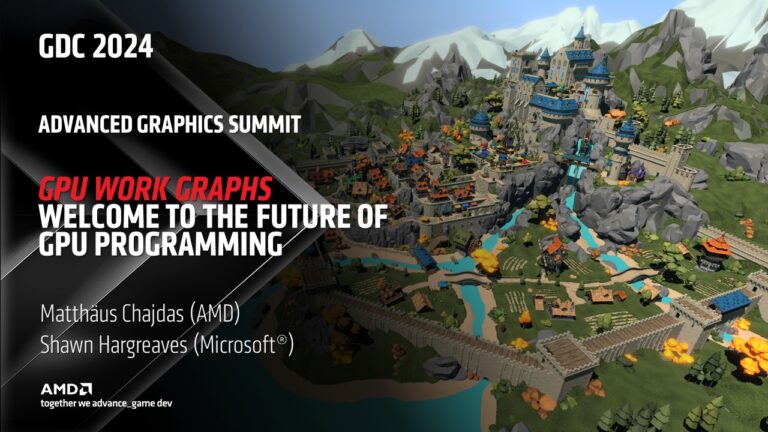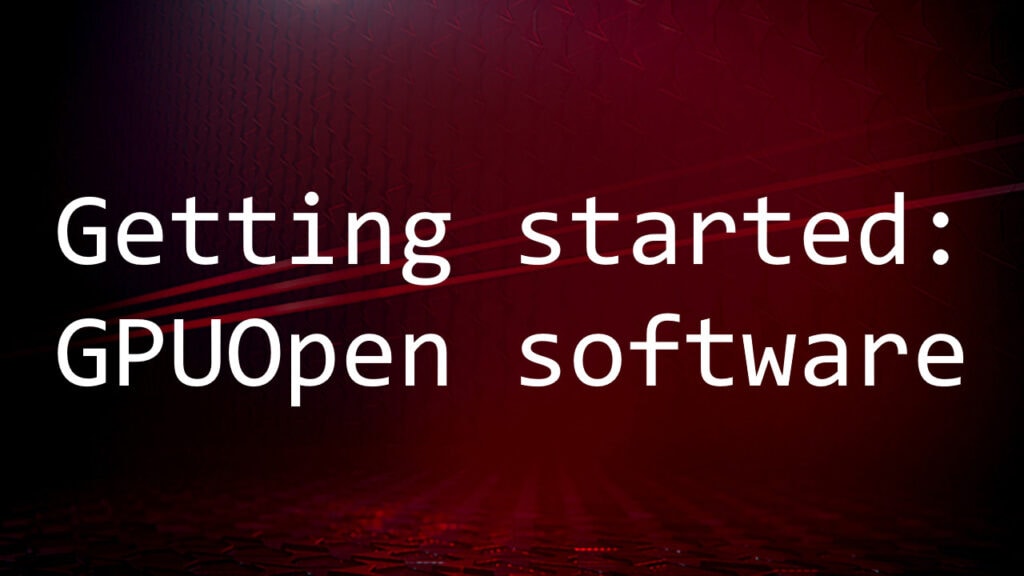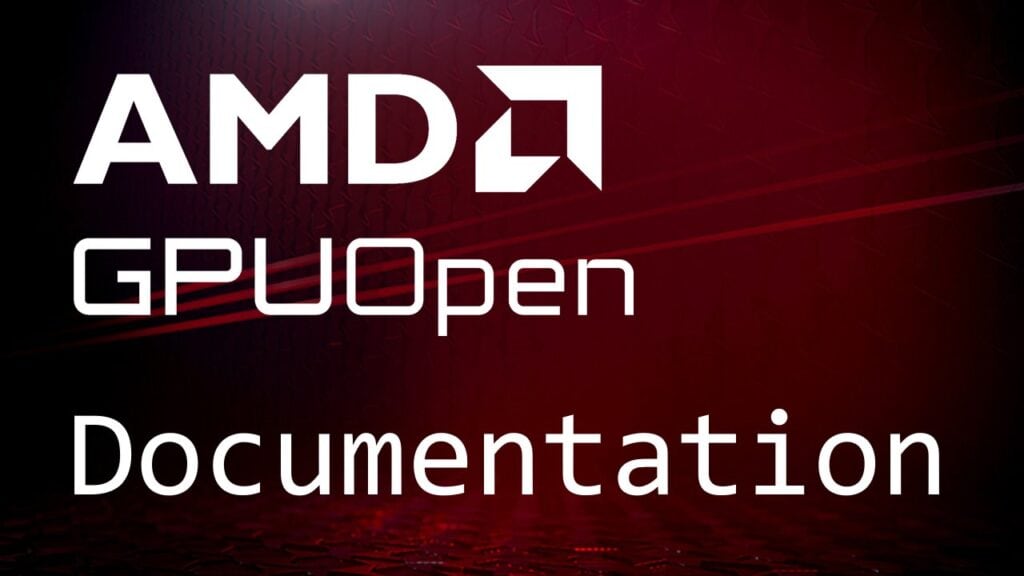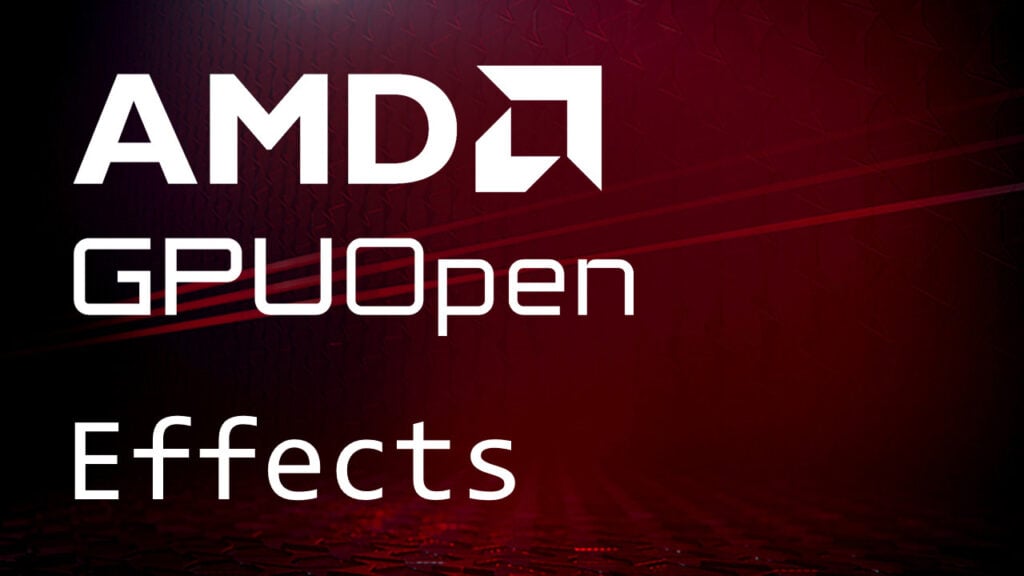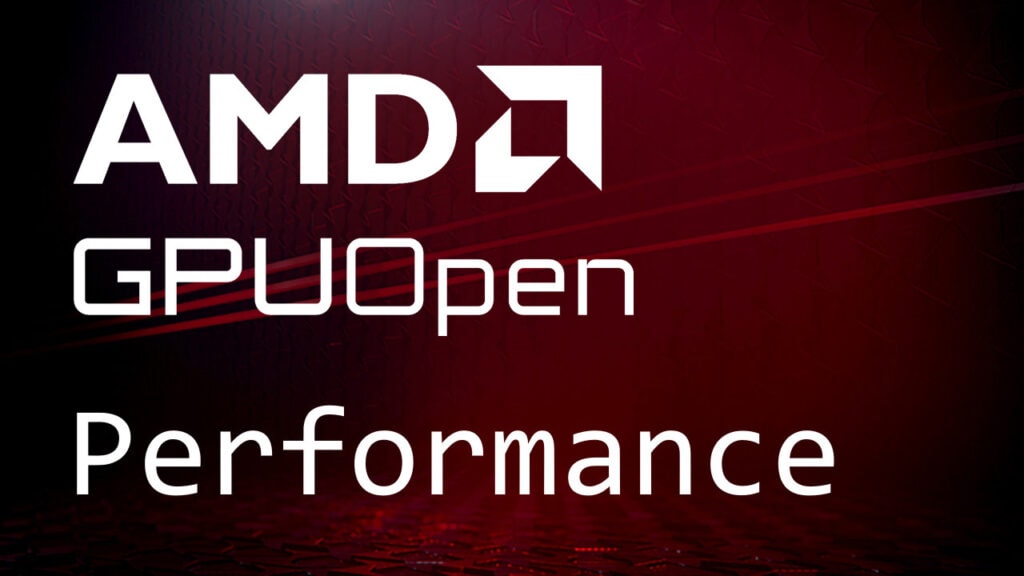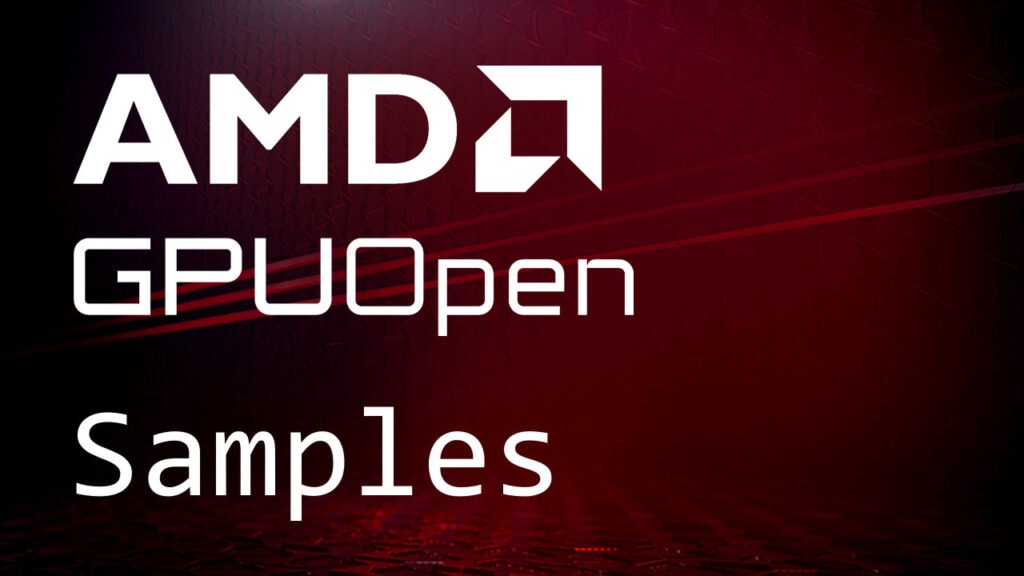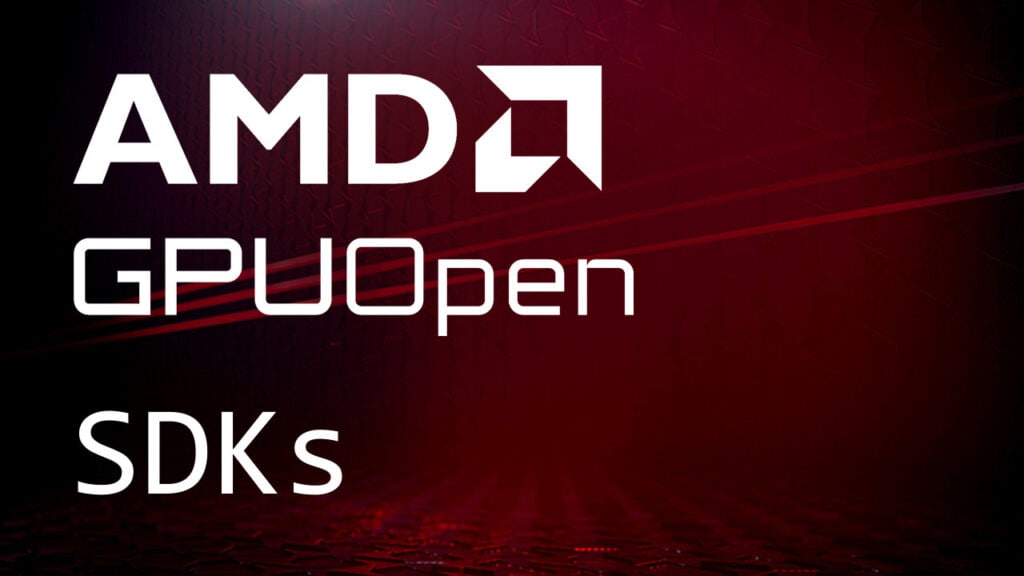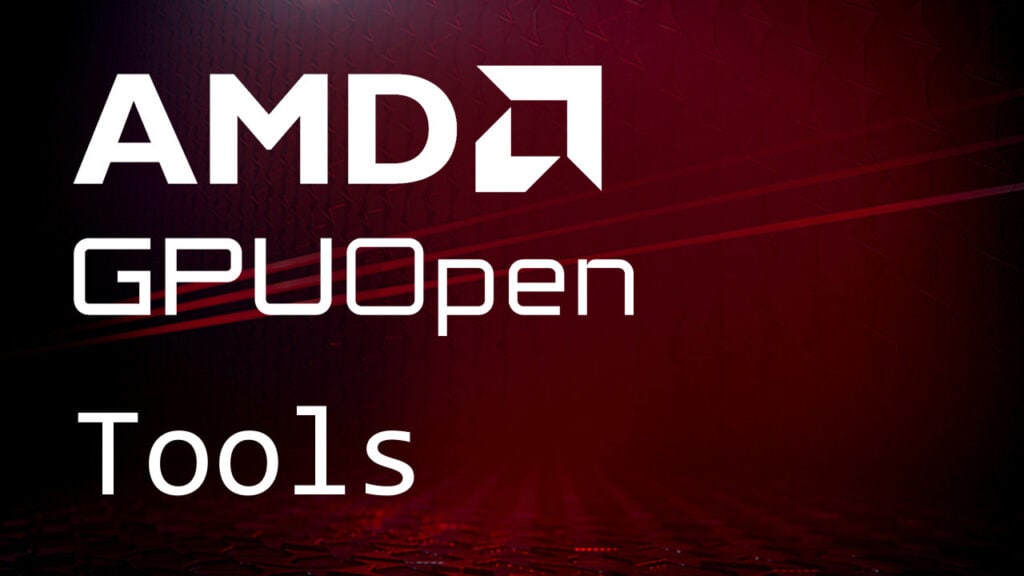This first version of the tool supports analysis of GPU crashes on Windows (“TDRs”) in Direct3D® 12 applications and requires a RX 6000 series (RDNA™2) or RX 7000 series (RDNA™3) card, in addition to the latest public AMD Radeon Adrenalin Software.
The tool lets developers set the driver into Crash Analysis mode using the Radeon Developer Panel (RDP) before reproducing the crash. Upon crash, an analysis file is generated with details that can help shed light on the crash’s cause:
- Execution marker information indicating which render passes and draw calls were in progress during the crash. Custom markers can be added by the app developer using the AGS (AMD GPU Services) library.
- If the crash was determined to be caused by a page fault:
- The offending virtual address.
- Details about any resource (such as heaps, textures, and buffers) that resided in the offending virtual address, including resource names given by the developer.
- Timeline of memory events (such as Create, Destroy and Evict) filtered only for the relevant resources.
The crash analysis file is generated in text format by default. The tool can also be configured to generate the analysis file in JSON format to support automated processing.
RGD is part of the Radeon Developer Tool Suite (RDTS) which is available for download here.
Please note that RGD v1.0 requires the latest Adrenalin drivers (minimum version 23.7.2). The latest Adrenalin drivers can be downloaded from here.
The code for the RGD command line tool is open source and can be found on the Radeon GPU Detective repository.
AMD would love to hear your feedback about RGD. Please post feature requests and bug reports on the RGD GitHub repository.



